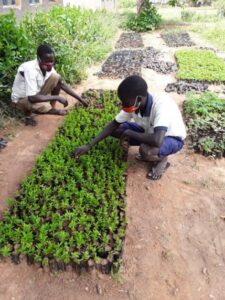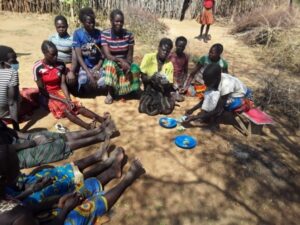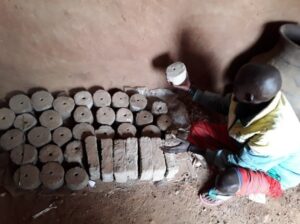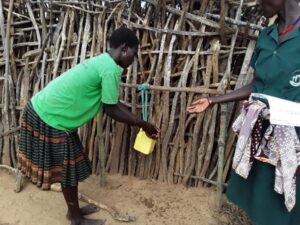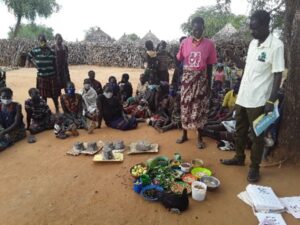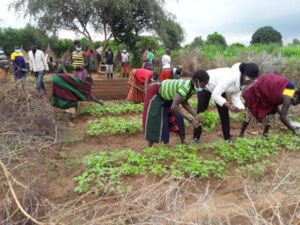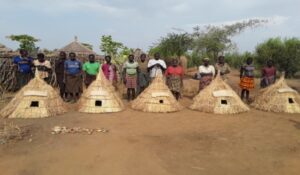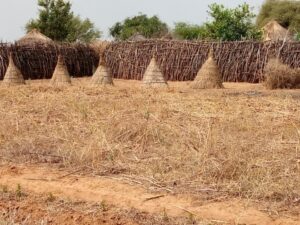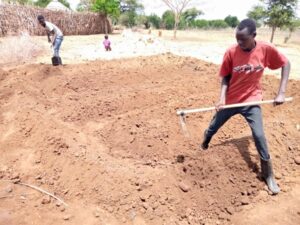Success in Adoptions: Building Resilient Communities
Working in a highly dependent community posed its own set of difficulties, as the culture of expecting handouts and drinks after every meeting or training was deeply ingrained. Previous interventions had not resulted in significant changes in WASH practices, livelihoods, governance, and gender inclusion, despite the prevalent practice of providing transport refunds. However, with the introduction of the ICAN resilience approach, a transformation began to take shape.
Initially, the community’s resistance to change was evident. They had become accustomed to receiving immediate rewards and struggled with the notion of resilience. Many would even disappear upon realizing that ICAN was implementing the program. Recognizing the need for a focused approach, I decided to concentrate on a few individual communities that showed willingness to embrace change. Through diligent efforts, I nurtured the structures among the Business Service Providers (BSPs) and Village Health Teams (VHTs) in North Division, equipping them with the strategies to influence their communities.
After six months of continuous sensitization and training, we began to witness the slow but steady adoption of new practices in villages like Toroi, Kalolet, and Jimos. Notably, Toroi became a model village with visible improvements in WASH activities and the construction of latrines. Community members gradually started constructing latrines and engaging in other WASH activities. The number of constructed and usable latrines increased over time, accompanied by the adoption of other interventions, such as the We Can Do Five resilience structures.
The impact of the ICAN program extended beyond WASH practices. Schools reported an increase in enrollment due to the efforts of Governance Champions, supported by structures like the Local Councils, BSPs, VHTs, and village elders. Sub-county authorities acknowledged the positive effects of ICAN’s approach, particularly in promoting WASH practices and establishing COVID-19 task force committees that spearheaded prevention efforts in the villages.
Health professionals also recognized the impact of ICAN activities, particularly in the reduction of malnutrition rates. The promotion of good goat management practices and food fortification/diversification demonstrations by BSPs and VHTs contributed to a decrease in malnutrition cases reported at health units. The locally diversified diet showcased during training sessions further emphasized the importance of nutrition.
One notable success story emerged from Paul Lochoro, a community member trained in making mineral lick. He not only became a supplier but also a trainer in his community. Paul’s mineral licks, sold at various sizes and prices, have gained popularity among pastoral communities. His mineral lick shop has become a hub where community members purchase this essential product for their goats. By actively engaging in the business and training others, Paul has earned a total of 320,000/=.
The DDS-NK USAID ICAN program has witnessed remarkable achievements. Communities have embraced the resilience approach, resulting in a reduction in the demand for handouts. The interventions have become an integral part of their daily practices, leading to improved WASH practices, increased school enrollment, reduced malnutrition rates, and the growth of local businesses. These positive transformations highlight the power of community-led initiatives and the impact they can have on building resilient communities.
The DDS-NK USAID ICAN program remains committed to supporting and empowering communities, fostering sustainable change, and ensuring a brighter future for all. Through continued collaboration and dedication, the program will continue to drive impactful and lasting transformations in North Division and beyond.
